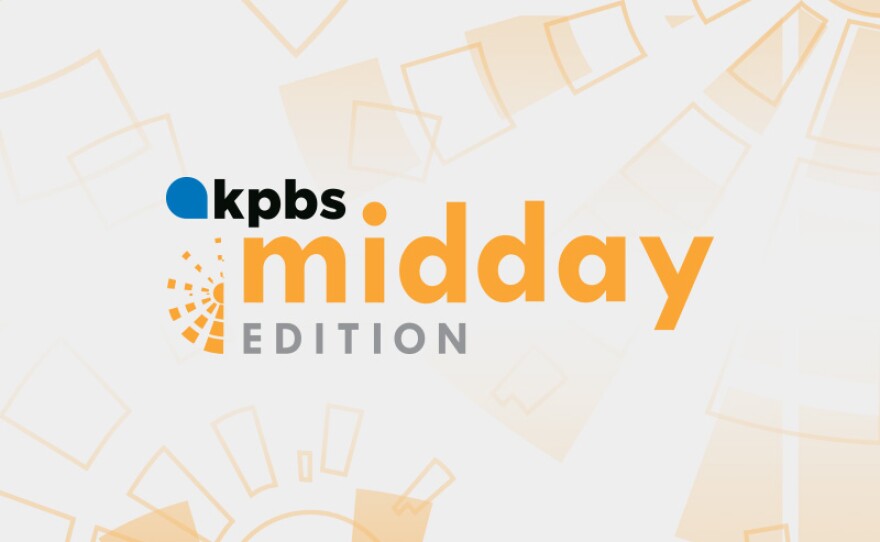Fresno County Is Diverting COVID Vaccine Due to Low Demand. Why Don’t People Want It?
Speaker 1: 00:00 Counties across the state are dealing with vaccine hesitancy and how to address it. In the central Valley. The Fresno County department of public health is diverting COVID-19 vaccines allocated to the County elsewhere because of low demand that California reports central Valley reporter Alex Hall has more on why some are unsure about the vaccine and what public health experts say can be done about it. 31 year old Selia Maldonado has made three appointments to get the COVID-19 vaccine since late March and she's canceled every single one of them, which she feels guilty about. I feel like there's no clear answer to my concern. It's driving me crazy. Those concerns predate the Johnson and Johnson pause. She says and include fears about the lack of data on long-term side effects, especially when it comes to pregnant women who get the vaccine. Although the CDC says there is no evidence getting vaccinated causes problems with pregnancy. Speaker 1: 00:59 I just fear that unknown. I know this can happen to me if I get COVID, I don't know exactly what can happen to me from getting this vaccine. She feels ashamed to bring up those doubts and fears to friends who have already gotten vaccinated. And she says she doesn't fall into the categories. Typically associated with vaccine hesitancy. I was listening to NPR the other day, and there was a report like, Oh, the people who are not vaccinated are right wing of Angelicals and this and this and that. And of course they put Latino people in there and I'm like, well, the group of people I'm in, but I'm not by any means that Trump is, I am a liberal. I feel like I should be on the side of getting your vaccine, but I'm just not. The central Valley is home to some of the least vaccinated counties in the state. Speaker 1: 01:49 That includes Fresno, where Maldonado lives in an effort to get more people vaccinated. Local health officials here are now focusing education and outreach in neighborhoods where people haven't gotten a shot. We do this a lot, right? We want to make, we want to find patterns. Dr. Rishi Goyle of Columbia university is leading a team. That's looking at the language around vaccine hesitancy on social media and online forums to figure out what drives it. He says he suspicious of survey data that looks simply at demographics because it oversimplifies the problem. There's Somali immigrants in Minnesota that are vaccine hesitant, right? There are rural GOP populations that are hesitant. There are left-leaning natural healing, aficionados that are vaccine hesitant. And I think the one size fits all or the blaming one group for the phenomenon, we'll end up kind of putting us in the problem that we're in, where we don't know how to tackle the problem. Cause we don't even understand it. I really hate the term, Dr. Kiersten Bivins Domingo of UCF says that labeling racial groups or people with certain political as hesitant, doesn't explain people's specific concerns or how to address them Speaker 2: 03:05 In the end. I think most of the people who we put that label on are people who want to get their questions answered, right? And I think it is a little bit of a cop out for us to label people as hesitant when all of the issues we're talking about are ones that we in public health should be working harder to think about overcoming Speaker 1: 03:24 Care providers can do says Dr. Lisa Rosenbalm a cardiologist and assistant professor at Harvard who has studied COVID-19 vaccine. Hesitancy is here. People out answer their questions. Speaker 2: 03:37 So intuitive to us. When you're trying to convince people to do something, to craft a message, the real work has to be done on the ground, talking to people, making them feel heard, making them feel understood. And I don't think any messaging campaign can overcome, Speaker 1: 03:56 Especially to reach people like Maldonado for whom a change in messaging won't necessarily have an impact only more data. And to get their time to see the COVID-19 vaccines are safe. That Speaker 2: 04:09 Was the California reports, Alex Hall.


